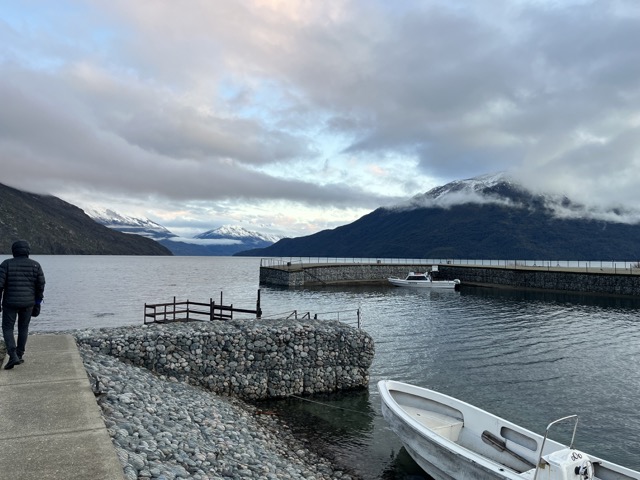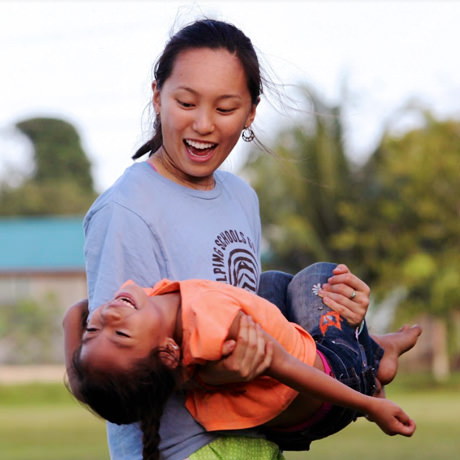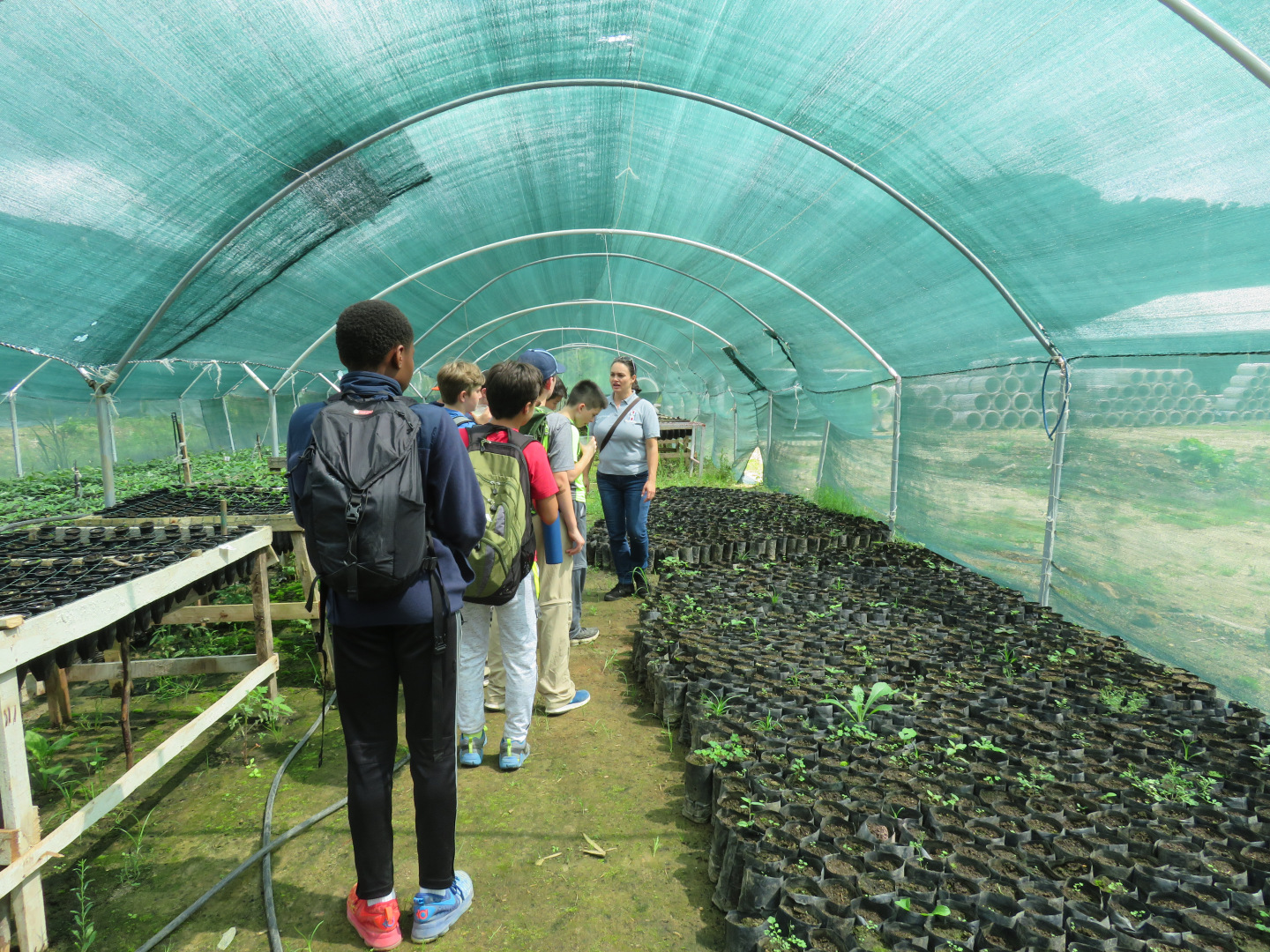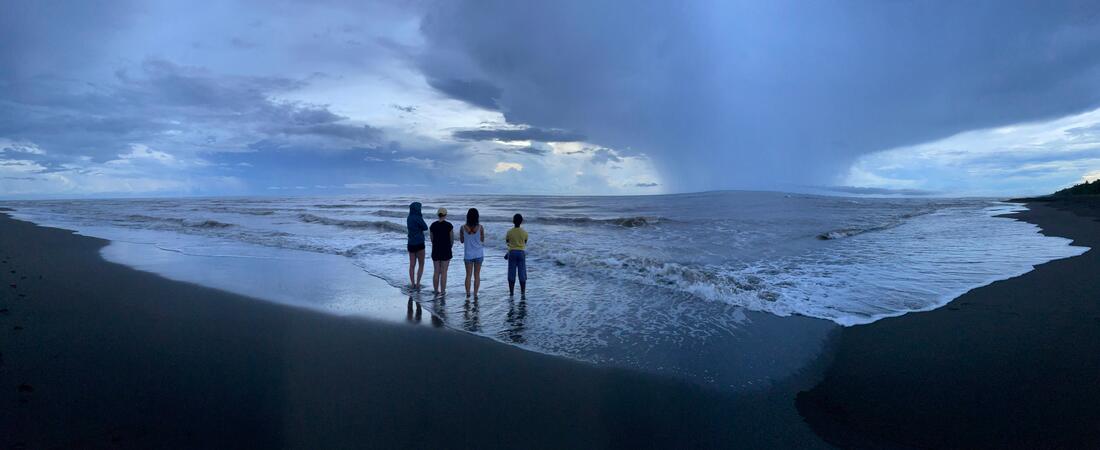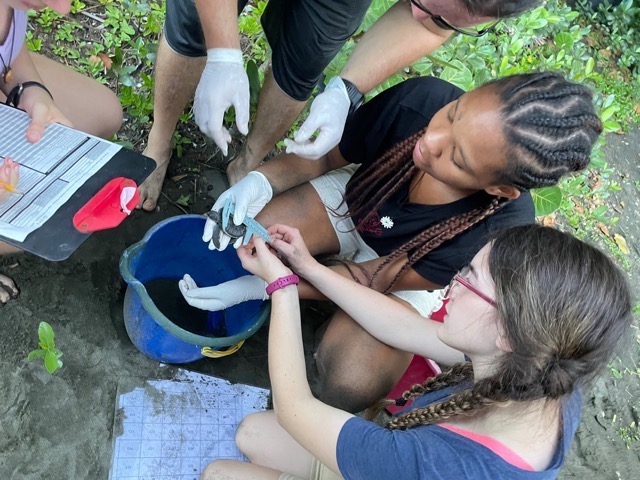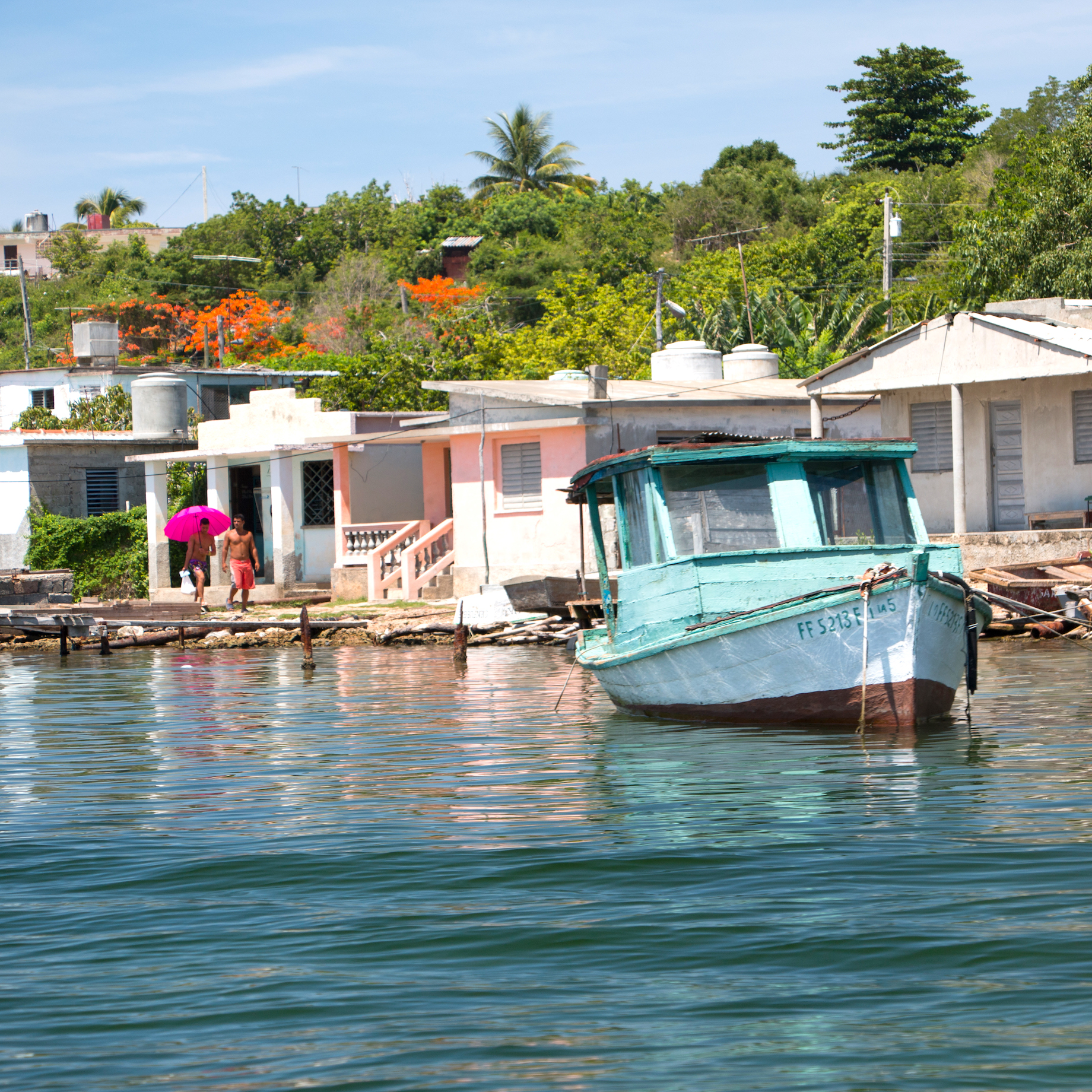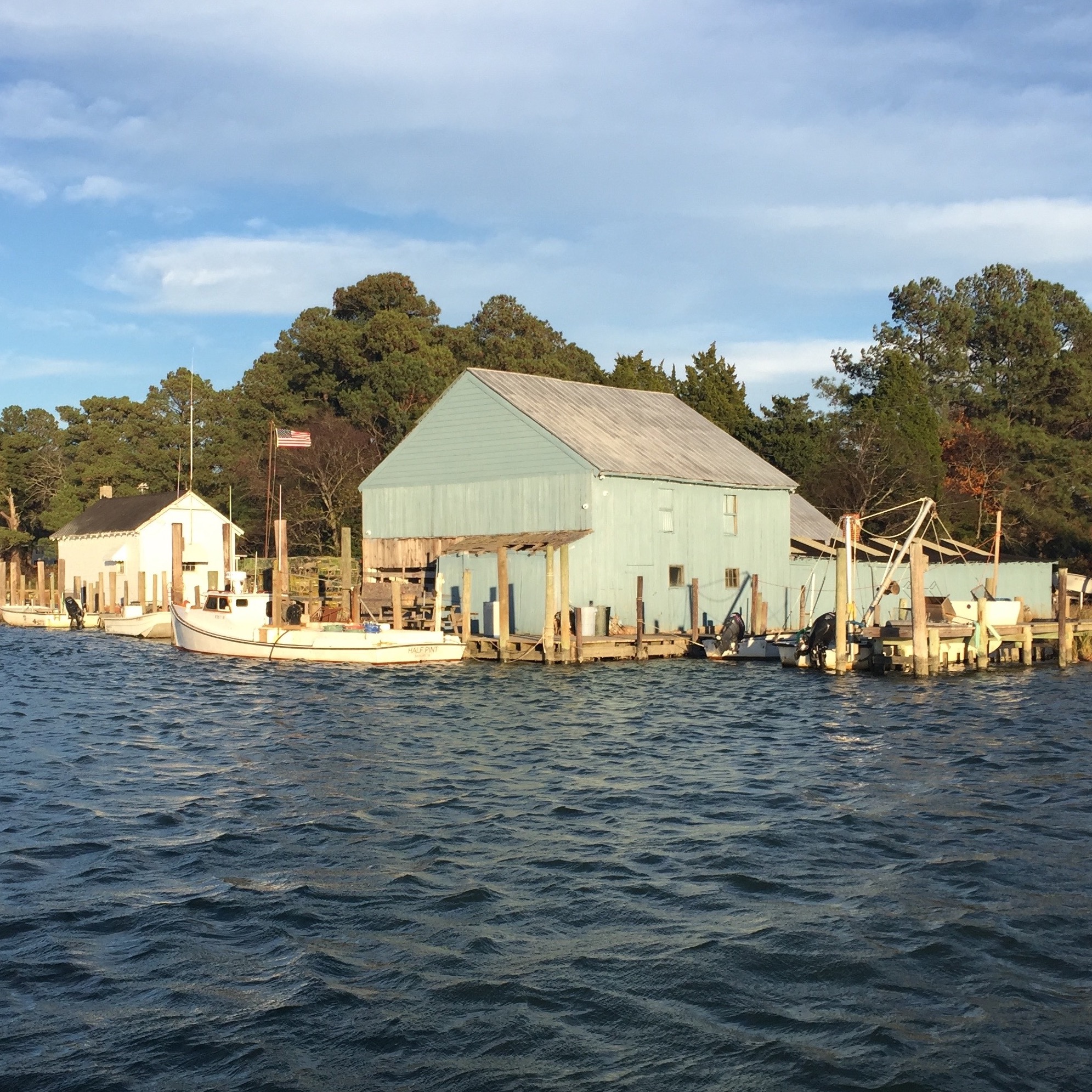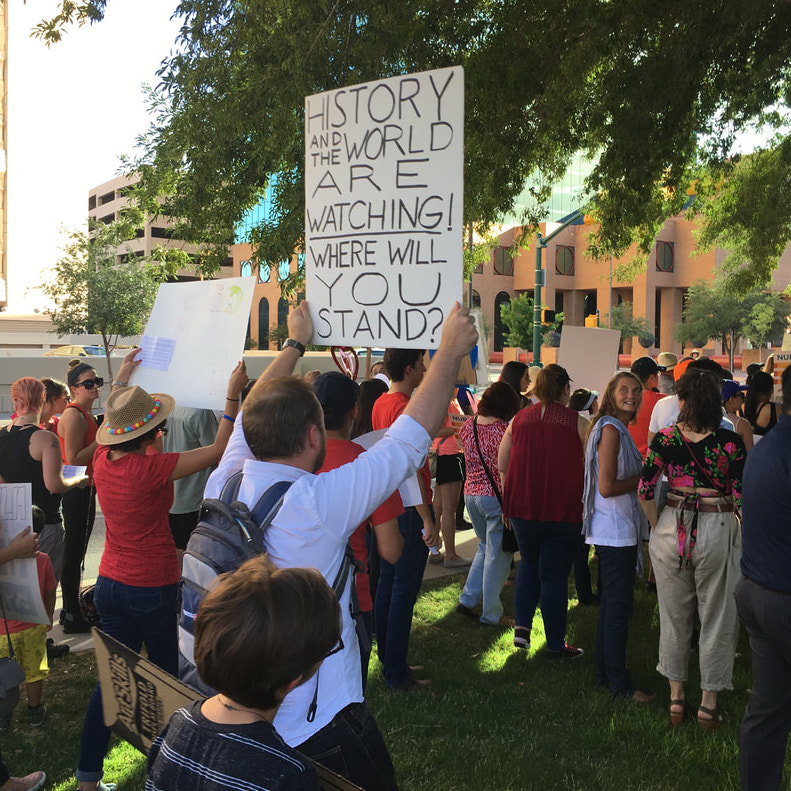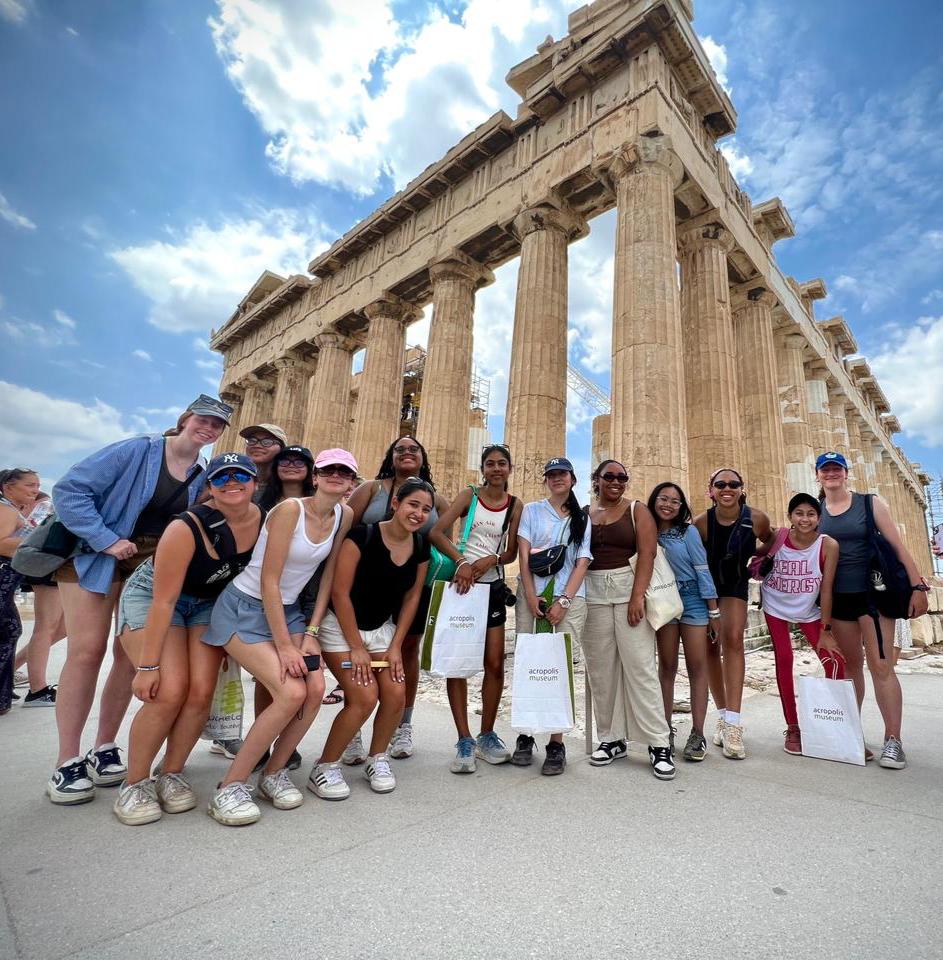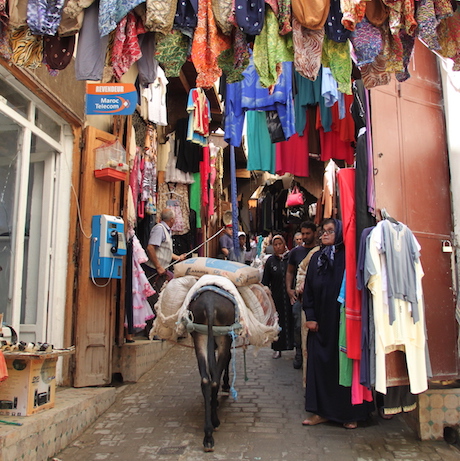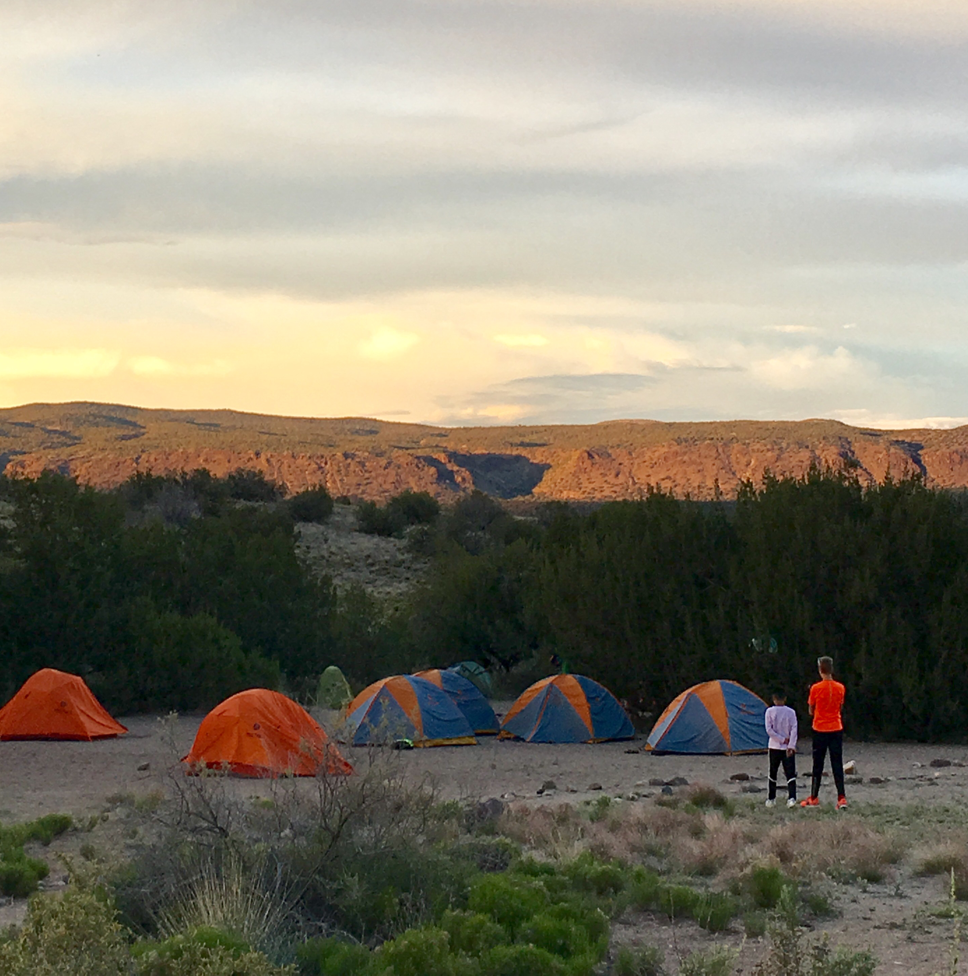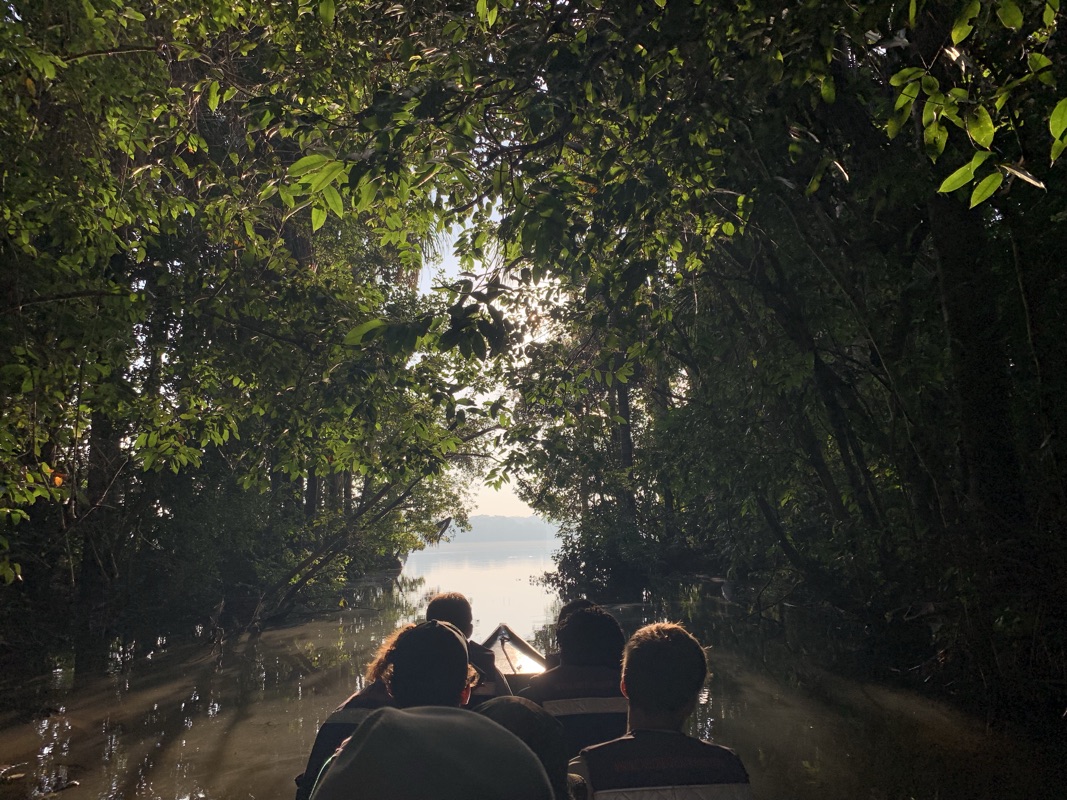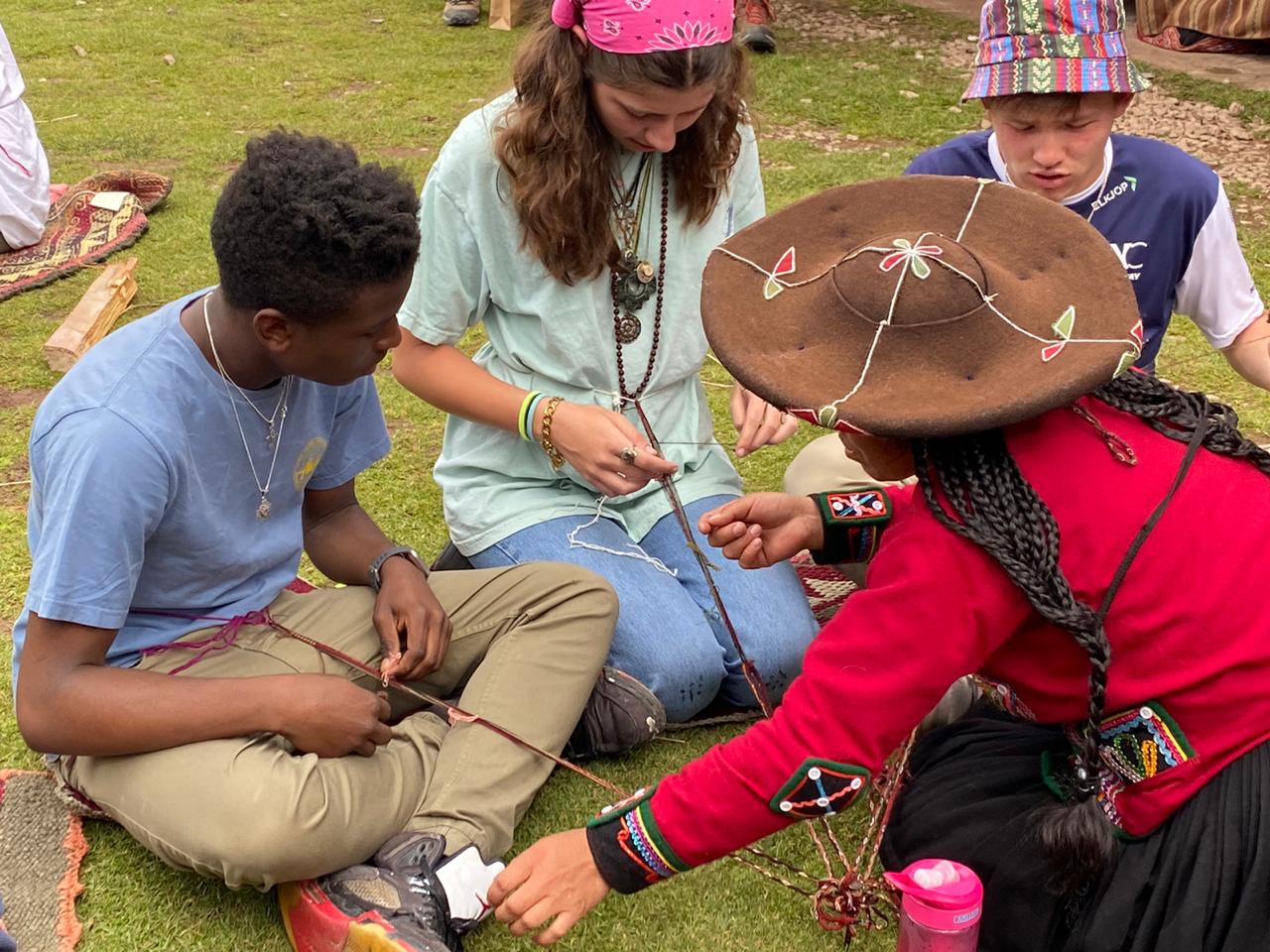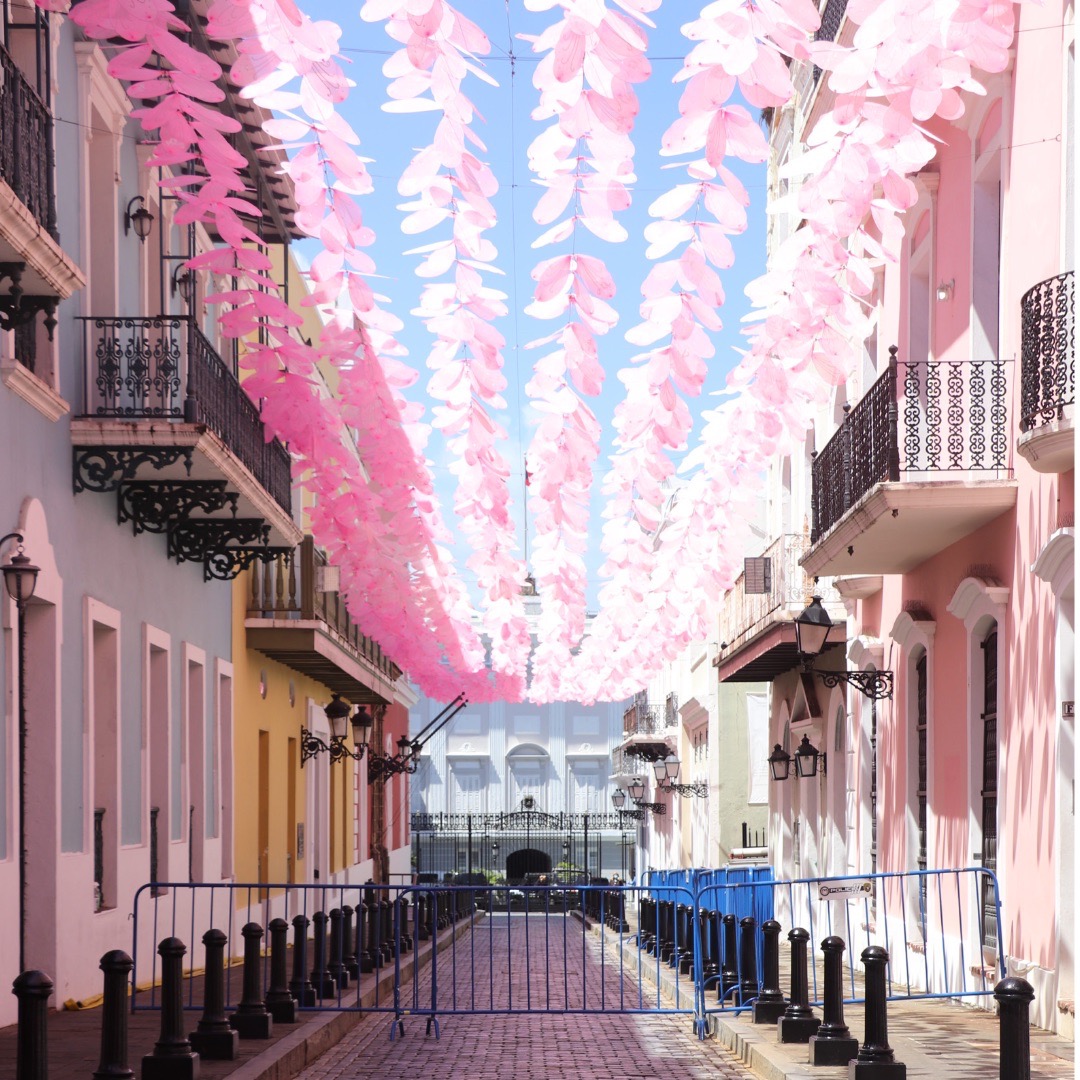Programs in Morocco
Students will fly into Casablanca, Morocco and will quickly be immersed in complex Moroccan culture. The group will take a train to the bustling ancient city of Marrakech and settle into a family run riad, as they begin exploring the capital city of Rabat. After a few days of urban adventure, the group will depart for the host community of Azrou – a small city in the Middle Atlas Mountains known for its cedar forests and resident macaques. Here, they’ll engage in the local routine, with daily activities designed to immerse them in the culture, traditions, and current projects of the area. Each afternoon, students can pursue specific interests like cooking, playing sports, or deepening connections with community members. The experience includes visits to a local youth center, learning from leaders of a rug-making cooperative and an artisanal women’s association, and experiencing indigenous Amazigh culture through a traditional dance performance. After saying goodbye to the community, the group will return to the coastal city of Rabat to spend the final few days reflecting on their experience in Morocco before returning home.
Situated on the western tip of North Africa, Morocco – also known by its ancient name Al Maghreb, meaning “the West” in Arabic – contains a mix of indigenous Berber, Arab, African, and European influences. As the region’s only monarchy, the kingdom has fashioned its rich cultural heritage into a tolerant state, whose pragmatic and inclusive approach to social and economic development has allowed it to sidestep the instability that has shaken some of its neighbors in recent years. A kingdom located at a crossroads between Europe and Africa, Morocco has maintained stability despite economic hardship in the past and large numbers of migrants passing through on their way to Europe. A spate of modest political and governmental reforms, alongside a rapidly improving business environment, has allowed the country to expand its influence both in the Mediterranean basin and more broadly on the African continent.
The safety of our programs rests on the experience and skills of our Staff, Country Coordinators and Instructors, who convene at our annual training in Colorado’s Arkansas Valley.
- The Staff of World Leadership School have decades of experience working in different educational environments. Their focus is logistics, risk management, program design, professional development, and consulting.
- Our Country Coordinators live and work year round in our overseas countries. They screen our homestay families, evaluate our transport and other service providers, and provide ground support for our groups.
- Our Instructors are veteran educators with extensive international experience. They have wilderness first responder training and often have past affiliations with Peace Corps, Outward Bound, NOLS, and/or independent schools.
We strive to responsibly manage risks. Our itineraries minimize highway travel and maximize immersion in rural communities that we know well. We update our risk management protocols, integrate feedback into program design, and invest in safety and communication equipment. Despite these efforts, World Leadership School cannot guarantee safety nor can it eliminate the inherent and other risks of international student travel. For information regarding program activities and associated risks, risk management, and student and parent responsibilities, please contact our office.
“This program was an amazing experience and you get so much closer to your peers. You also learn a lot about a country you might not have known very much about to begin with.”
— Student from Ensworth School
“Yes, it was a really great experience and super fun as well. You get to learn a lot about Morocco and its culture, and the leadership/life story activities really help you to learn more about yourself and how you can better yourself.”
— Student from Ensworth School

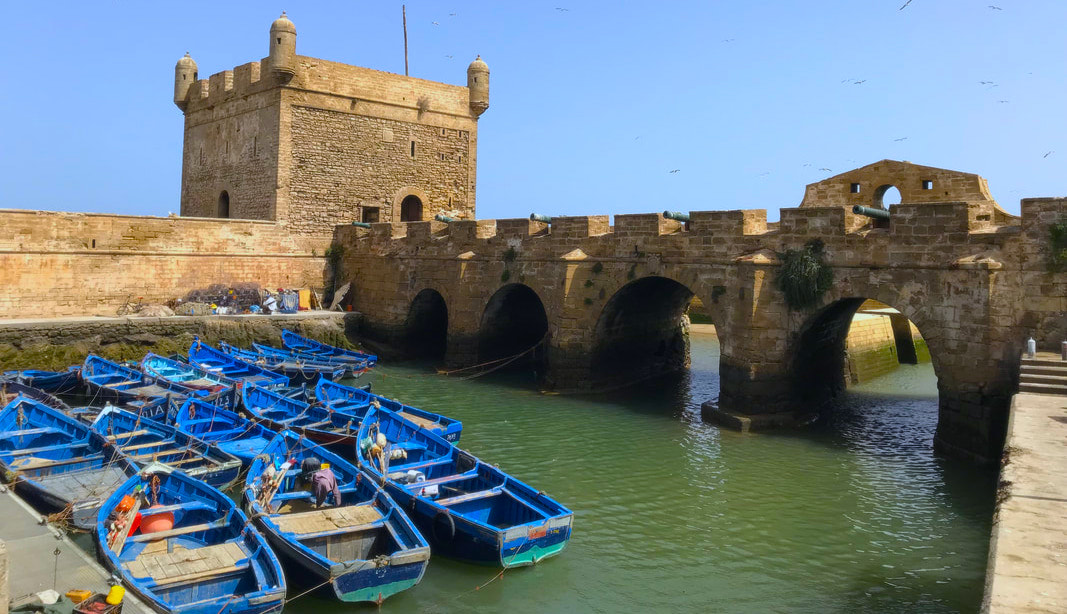

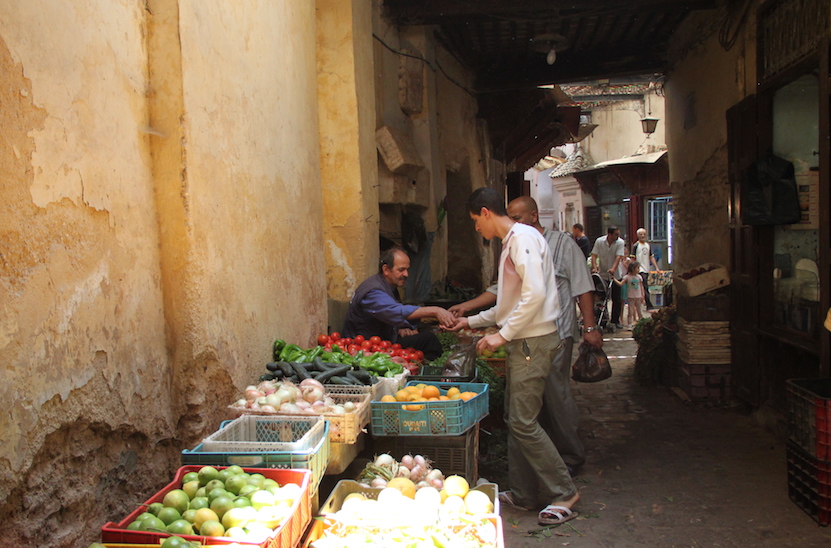
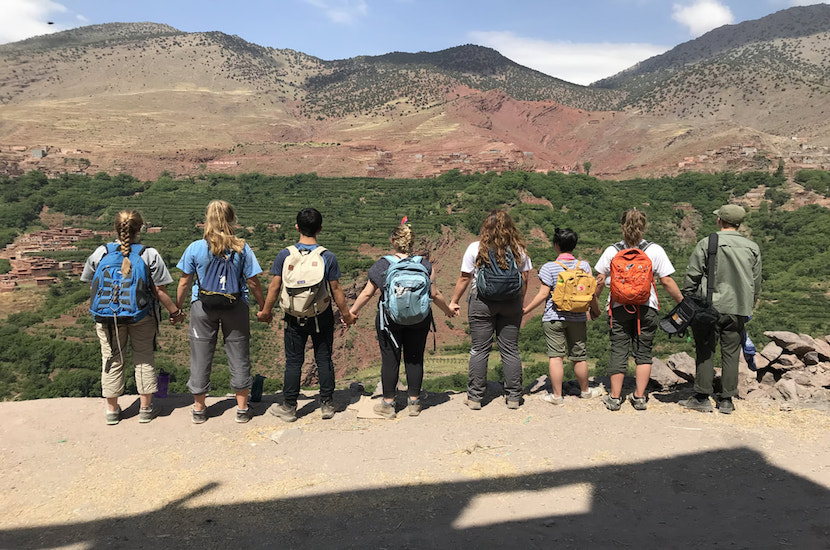
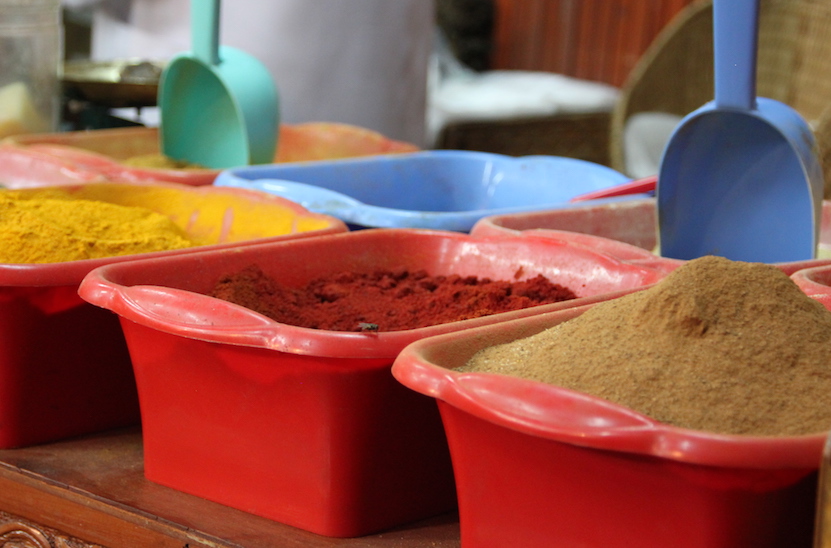
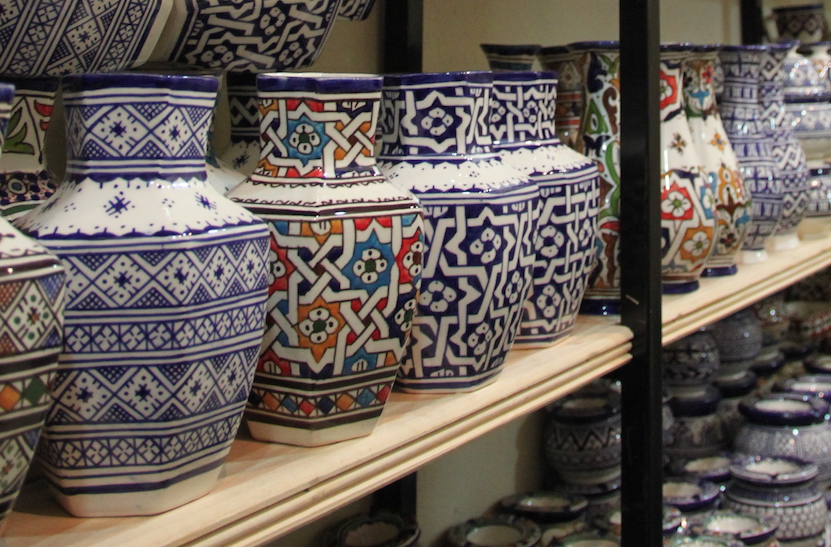
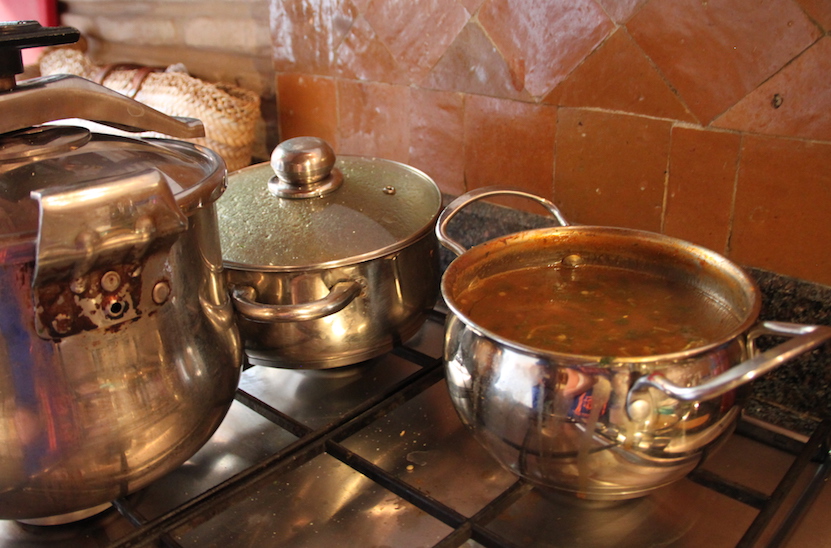
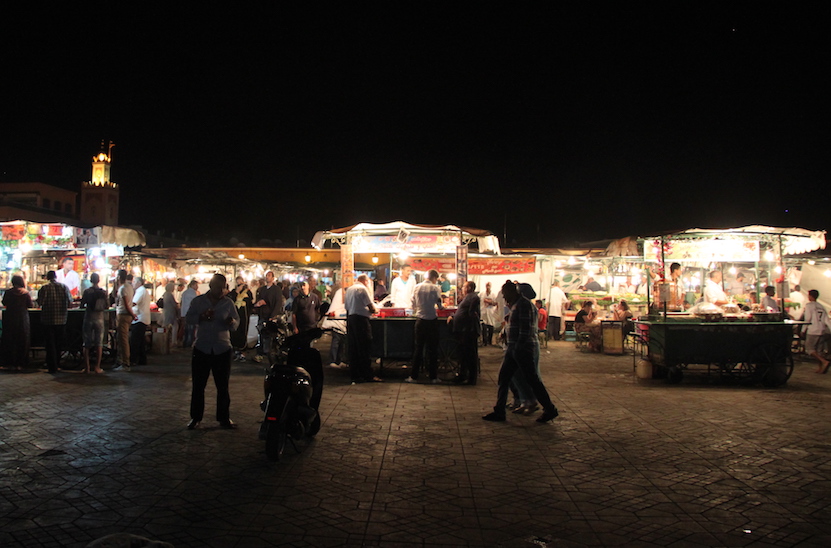
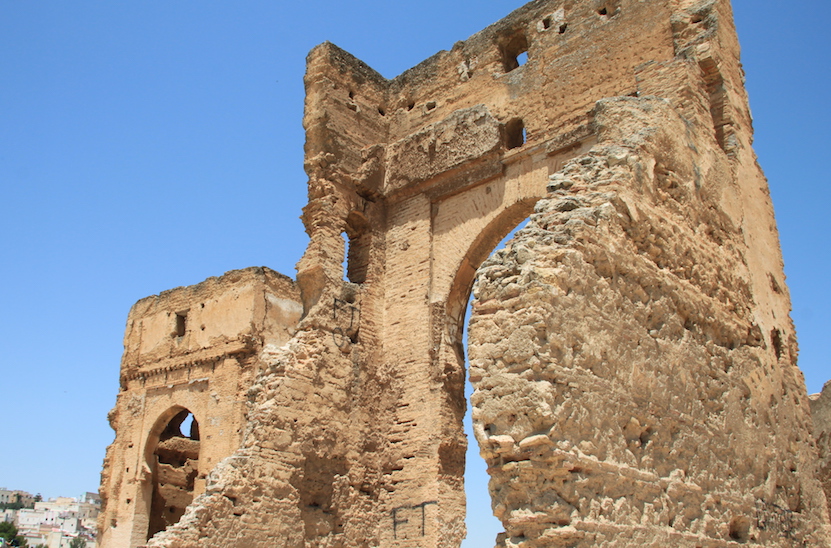

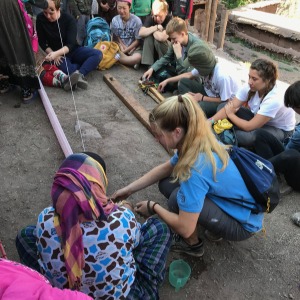
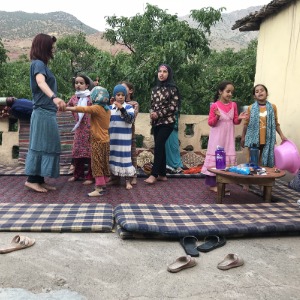
 Explore WLS
Student travel locations
Explore WLS
Student travel locations

